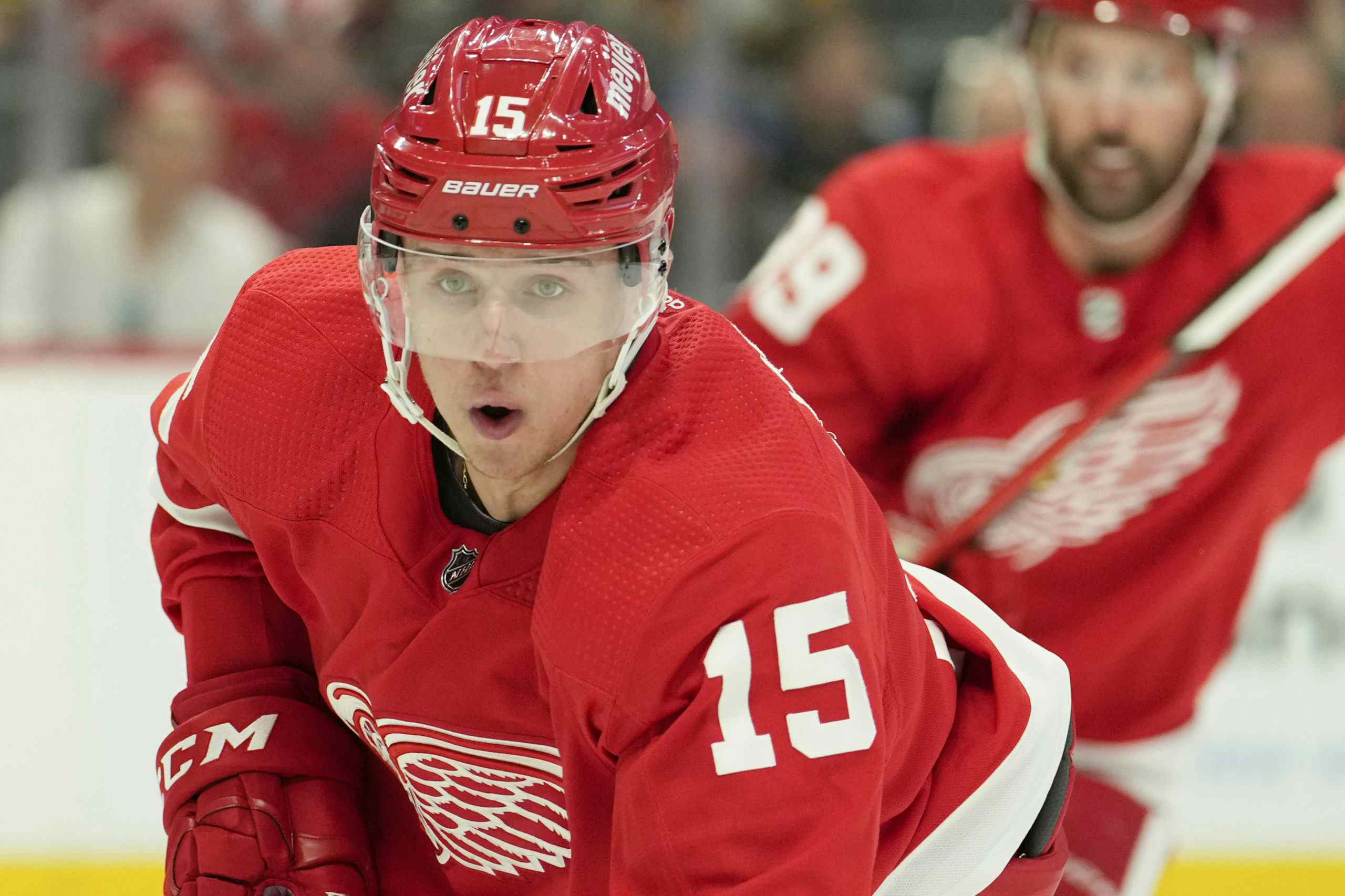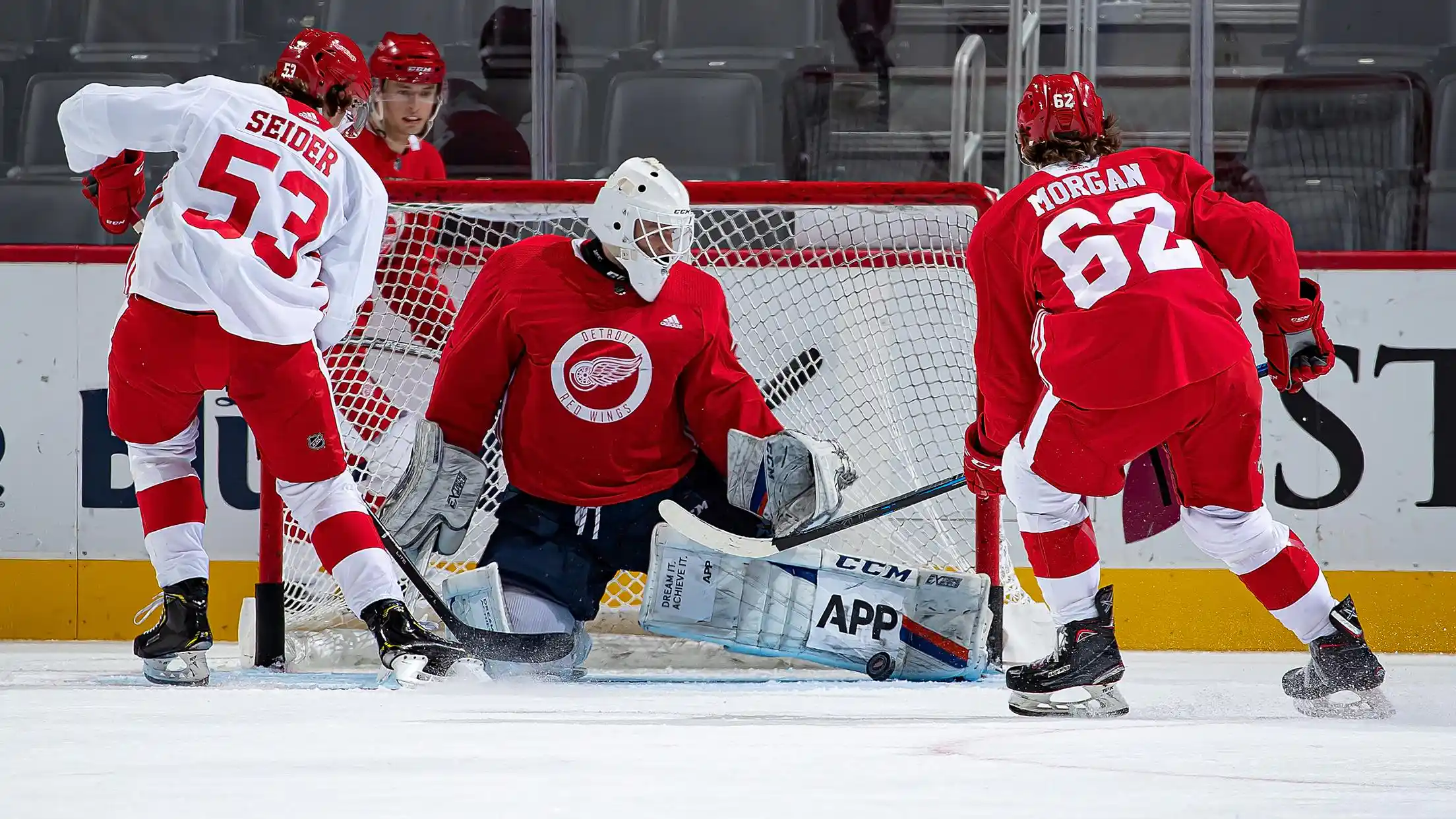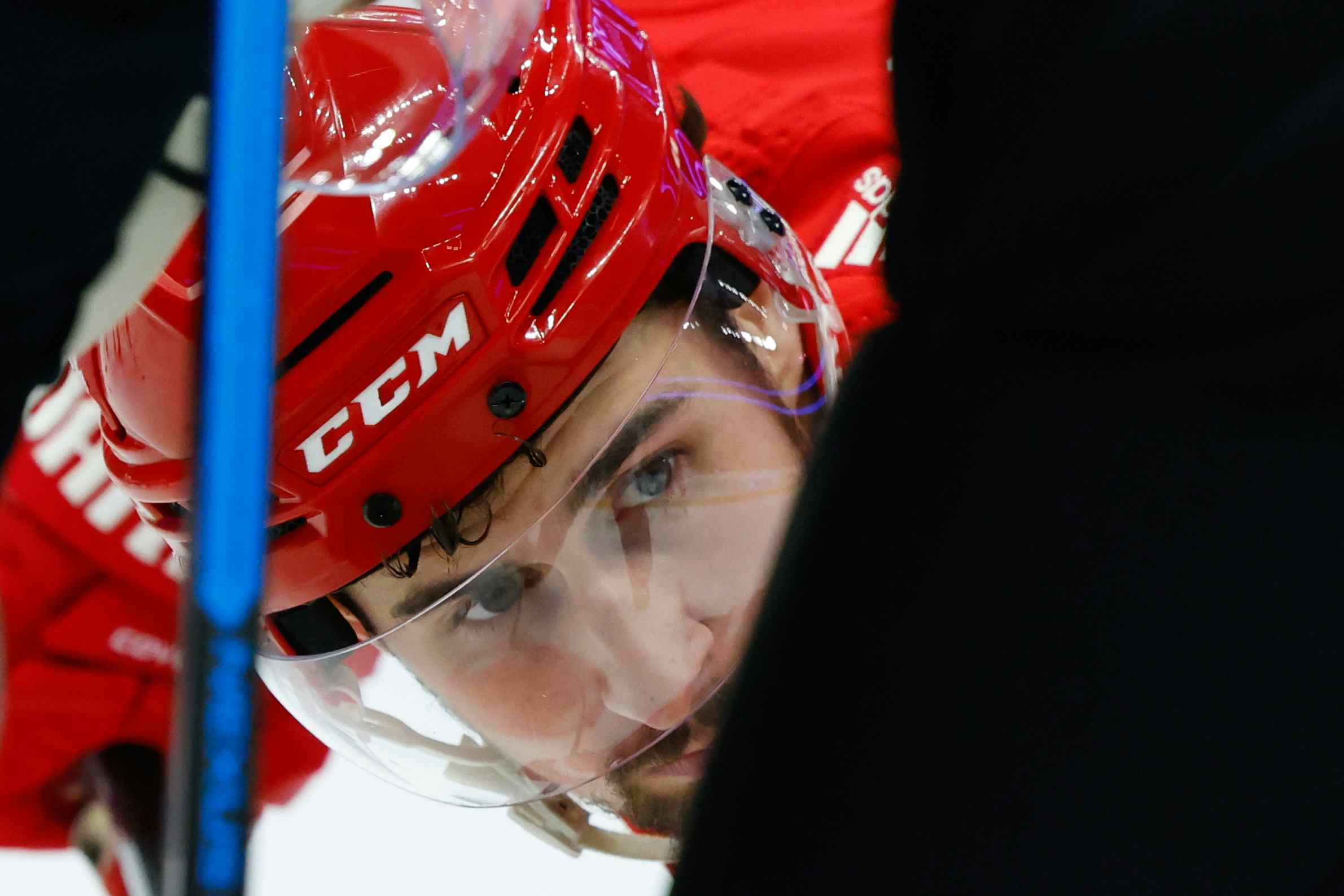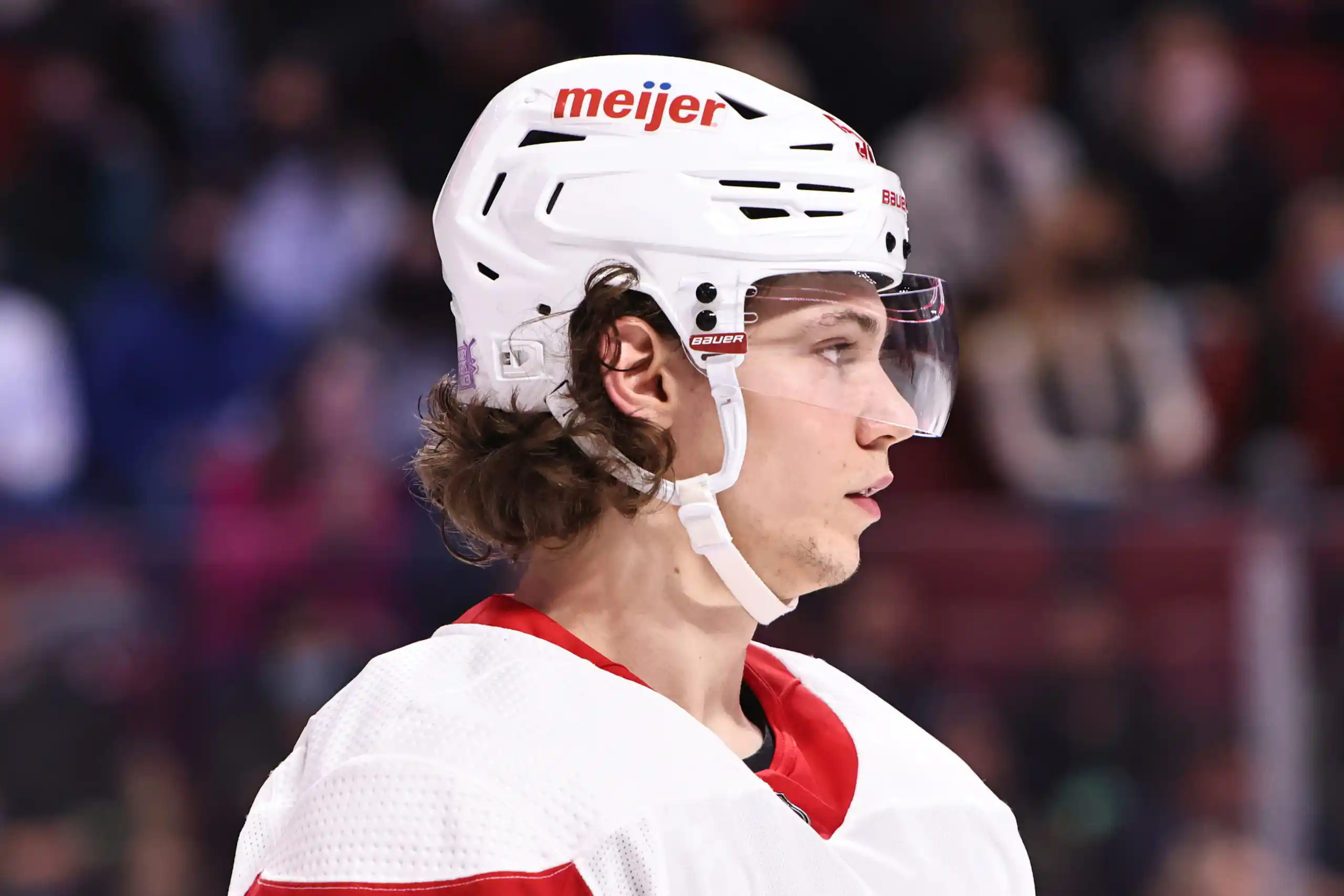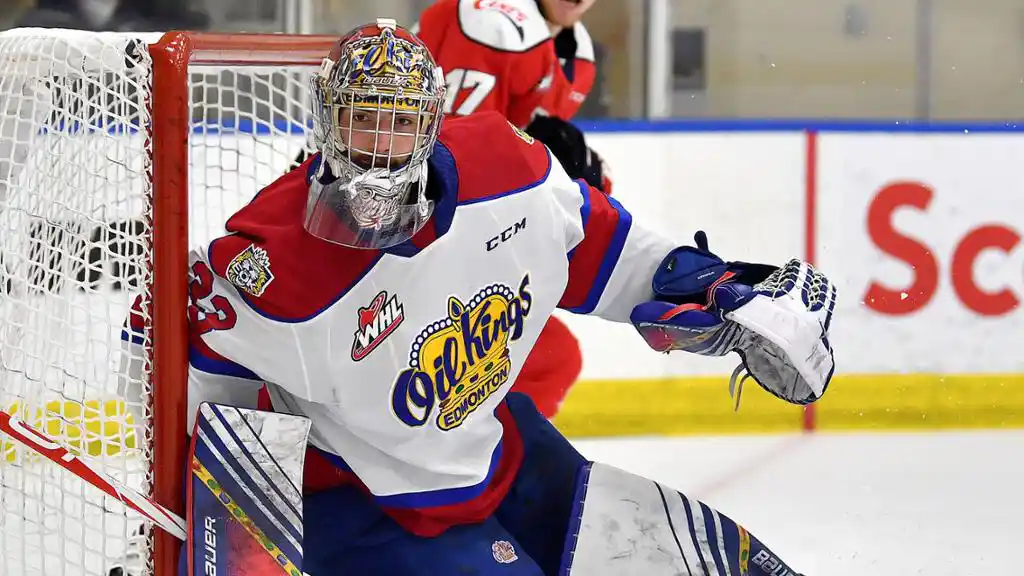Gordie Howe: The Second Act
By Greg Brady
7 years agoSo much has been written about Gordie Howe’s hockey legacy over the past 24 hours, and what more can be added, truly? A week after boxing’s greatest icon passed away, one of hockey’s most iconic figures lost a long and difficult battle with dementia, at age 88.
I’ve always noted how fortunate I’ve been to have just caught glimpses and “windows” of some great athletes’ careers before they ended. I don’t remember Johnny Unitas or Joe Namath, but I do recall Hank Aaron as a very small boy (and had a Topps baseball card labeling him as a “DH”) with the Milwaukee Brewers. I don’t remember Wilt Chamberlain but obviously, I was front and centre and paying attention for the beginning of the careers of Bird, Magic, and Isiah.
How it happened, I’ll never know, but at age 5, I became a big fan of the WHA. Not quite more so than the NHL, but I had room for it. Hockey cards played a role, as did the Toronto Toros games broadcast on Global Television during the week. You see, hockey had only been a Saturday-at-8pm thing until the playoffs, so any “extra hockey” like Canada Cup tournaments (The World Juniors and even World Championships were years away in the mid-1970s from being shown on television), and let’s face it, then you had to make an appointment to watch. You couldn’t record shows and watch at your leisure — if you decided to, say, go to a movie during Hockey Night In Canada on a Saturday, you were giving that up, period.
Howe enters the WHA
Gordie Howe shocked the hockey world by coming out of retirement — he had called it quits in the summer of 1971, at the age of 43, and after a fourth year out of five straight where the Red Wings had missed the playoffs, in a league where it was somewhat difficult to miss. Detroit finished 7th of 7 teams in the East Division, embarrasssingly behind expansion team, Vancouver.
Oh, Howe could still play at 43. Though he missed 15 games due to injury he still put up 23-29-52 in 63 games, and was third on the Red Wings in scoring. But it’s understandable given all he’d accomplished that the passion and motivation was beginning to lack. Detroit was struggling, coaches barely lasted more than a couple years, if they even did that. Younger players like Garry Unger, Mickey Redmond, and Tom Webster were the future, and deserved larger roles, and giving Gordie Howe 19 minutes of playing time wasn’t a “growth industry”.
Howe was shoehorned into the Red Wings front office working somewhere between general manager Ned Harkness and head coach Johnny Wilson, but he hardly hid his displeasure. He wasn’t making decisions and he wasn’t coaching, and just like we all get antsy getting used to (even if it’s temporary) not doing what we feel we do best, Howe was feeling a shell of himself, as he admitted in subsequent interviews. But again, there was no incentive to keep playing for a struggling hockey team, and watching many of his rivals and teammates experience the Summit Series the following autumn against the Soviet Union didn’t make him miss the game any less. That would have been a difficult tournament for him to perform in at age 44, but it motivated Howe to stay in shape, and consider a potential opportunity.
That chance came the following summer in 1973 (the Red Wings, though putting up an 86 point season, missed the playoffs again, albeit barely) when the World Hockey Association was planning its second season. The Houston Aeros had selected Howe’s two oldest sons, Mark and Marty Howe. Both had been Toronto Marlboros, in what was then called Major Junior A (soon to be called the OHL), and though Marty was fifteen months older than Mark, Mark was deemed the more special talent, but both had pro potential, scouts agreed.
Aeros head coach Bill Dineen was a teammate of Gordie’s during the Stanley Cup glory years of the mid-1950s. They’d done a lot of winning together, and in a phone call from Dineen to Howe, assuring Gordie his 19 and 18-year old boys would be safe under his watch in Houston, Gordie offered his services. At age 45, Gordie Howe was playing professional hockey again, and yet, think of the era — so few of the games on television anywhere, and the three Howes leading the Aeros into road buildings like Edmonton, Winnipeg, Quebec City, and even Cleveland, for the very first time.
If Howe had only meant to play one season (which according to many, he had), he just proved too prolific still to call it quits after a 78-game season. Gordie led the team over 70 games with a 100 point season, while 18-year old Mark (playing often on a line with a father 27 years older!) proved he was very ready to play with men and dominate, at times, putting up a 79-point season.
He keeps going… and going… and going…
Four years of this went by with Howe as a Houston Aero, and his former NHL club, the once-proud Detroit Red Wings finding themselves in maybe the worst stretch of a proud history. But Howe had turned the page, and despite a modest overture after one of the successful Houston seasons to try and bring the Howes back to the NHL, it wasn’t going to happen. Life was too good, roots had been established in Houston, and there was no looking back — Gordie even got a game back in Michigan, as in 1974-75, the Michigan Stags began the season in the WHA playing home games where the Pistons did, at Cobo Arena, yet by January of their first year, they’d relocated to Baltimore. It was that kind of league, and that kind of turbulent era. As a kid, I was crushed the Toros eventually moved to Birmingham, Alabama to become the Bulls. No more games on Global!
The years chugged along, and when the WHA didn’t work in Houston, Texas anymore — all three Howes relocated to Connecticut, as the New England Whalers, a rare consistent, success story in the WHA found room for them, but the WHA despite the damage it did yanking star power away from the NHL, never found a valuable enough TV contract (at that point, the NHL hardly had even a good TV deal as the advent of cable television took place), and it’s expiration date seemed apparent to all.
The NHL and WHA announced a merger for the 1979-80 season, and admitted into the league, to take the membership from 17 to 21 teams, were the Edmonton Oilers, Winnipeg Jets, Quebec Nordiques, and the New England Whalers. Only one had to change their name, and that was because the Boston Bruins objected to the Whalers claiming “New England” as theirs, thus the switch to Hartford.
Gordie, back at it again
But monikers aside, at the age of 51, Gordie Howe would be an NHL player again in 1979-80. And with a balanced schedule (21 teams played each other 4 times), Howe would make two visits to each of the other arenas, with an All-Star Game looming at brand-new Joe Louis Arena, right on the riverfront, finally replacing an aging yet romanticized Olympia Arena.
The season wasn’t without complications. Both Gordie and Mark were crushed when Marty didn’t make the team out of training camp and was sent to Springfield. No, Marty wasn’t the player Mark was, but with a more competitive league to play in, and new recruits brought in, Marty was caught in a numbers game, and the dream for all three Howes to play NHL hockey together seemed extinguished, especially when Marty broke his arm early in his AHL season as a member of the Springfield Indians. As luck would have it, other Whalers got hurt, and Marty was a late-season call-up and played six games with his dad and brother, and in all three games of their first-round sweep at the hands of the Montreal Canadiens.
The season had its moments though — Gordie led the Whalers to a 4-2 win at Maple Leaf Gardens on a Halloween Saturday night, scoring two goals and giving Hartford their first road victory of the season. The Whalers would make the playoffs as a 14-seed in the postseason tournament. Last place in the strangely-constructed Norris Division Hartford played in? The Detroit Red Wings, finishing 10 points behind both Hartford and Pittsburgh.
One last All-Star hurrah
But it was the All-Star Game that people most remember. Though Howe could hardly be trusted not to be back in the NHL the following season at the age of 53, and given Mark had a brilliant (eventual Hall of Fame, actually) career ahead of him, it was certainly believed that Howe would play the one NHL season and then triumphantly call it quits, this time for good, and he would do just that. But coaching the Wales Conference was Scotty Bowman, and being five years younger than Howe (!), he had a love for the history of the game, and went quite bold and old with his All-Star selections (fans weren’t involved then) picking Howe, Jean Ratelle, and Phil Esposito to be part of the Wales Conference. For Gordie, returning to Detroit was all sweet and no bitter. Hard feelings towards the Red Wings and for some of the bad blood that had developed between himself and Ted Lindsay were put aside for at least the one evening, and the standing ovation Howe received is still talked about as one of hockey’s most emotional moments.
Howe played a regular shift in the game and even assisted on the game’s final goal for the Wales Conference, setting up Quebec’s Real Cloutier in the 3rd period, cementing a 6-3 Wales victory. The Whalers did enough to make sure they didn’t miss the playoffs — amazingly, Hartford with the Howes and Edmonton with a 19-year Wayne Gretzky both made the playoffs, while Winnipeg and Quebec didn’t. Quebec would soon become a consistent power in the 1980s thanks to the Stastny brothers, and the Jets would get the prize of #1 overall pick Dale Hawerchuk.
One final playoff run
As for Howe, Gordie still had a playoff moment in his bag of tricks, though overmatched the Whalers were against the four-time defending Stanley Cup champion Montreal Canadiens, he scored a playoff goal at the Montreal Forum — only a ten-year gap between playoff goals.
Howe would retire, not necessarily on top, but doing something no one thought possible — for a 52-year old man to play regularly and not embarrassingly in the sport’s best league. He was one of only four Whalers to play all 80 games, and finished with 41 points. Though we saw Chris Chelios play his final full season at age 45 with the Red Wings in the Stanley Cup-winning year of 2007-08, there is little else to compare Howe’s accomplishment — and he got to do it while being able to truly say goodbye to the city where he’s most beloved — Detroit.
As someone who covered the Wings so frequently for nine years living there, I’d get very used to seeing Gordie in the dressing room, in the hallways, or even on the concourse visiting with adoring fans of all ages. Mark was scouting for the Wings after he retired and I spent several occasions chatting with him over the pre-game meal asking him who impressed him and where he’d been to see games. Gordie got something we all can only dream of — an extension, a second act, call it anything you like, to do what you love the most, with the people you love the most, and a satisfaction that you did it well.
Mr. Hockey’s legacy unmatched
I hate debating Howe’s place in history because it is so utterly difficult in the sport to compare the eras. Howe played his NHL career almost exclusively in a six-team league, with limited travel, with no Europeans to enhance the overall skill level of the league. It wasn’t a global game then, it was regional. If we look at baseball statistics before the color barrier was broken differently than after the 1960s when it was, how can we not do the same with hockey players?
Think it’s easier or harder to score on an NHL goalie in 2016 or 1973? I mean, you know the answer, but none of the retrospective analysis takes away from Howe’s considerable greatness. And getting as a child to experience that from my television set, or reading the Hockey News, or collecting hockey cards, and then being so ever-present in Detroit, and knowing what he meant to the likes of Yzerman, Fedorov, Lidstrom, and others — I’m as lucky as anyone to claim all of the above. There will always be great players, always be players that get as big as the sport itself at times, but there won’t be another Mr. Hockey — we knew that long before Friday morning, didn’t we?

Recent articles from Greg Brady

